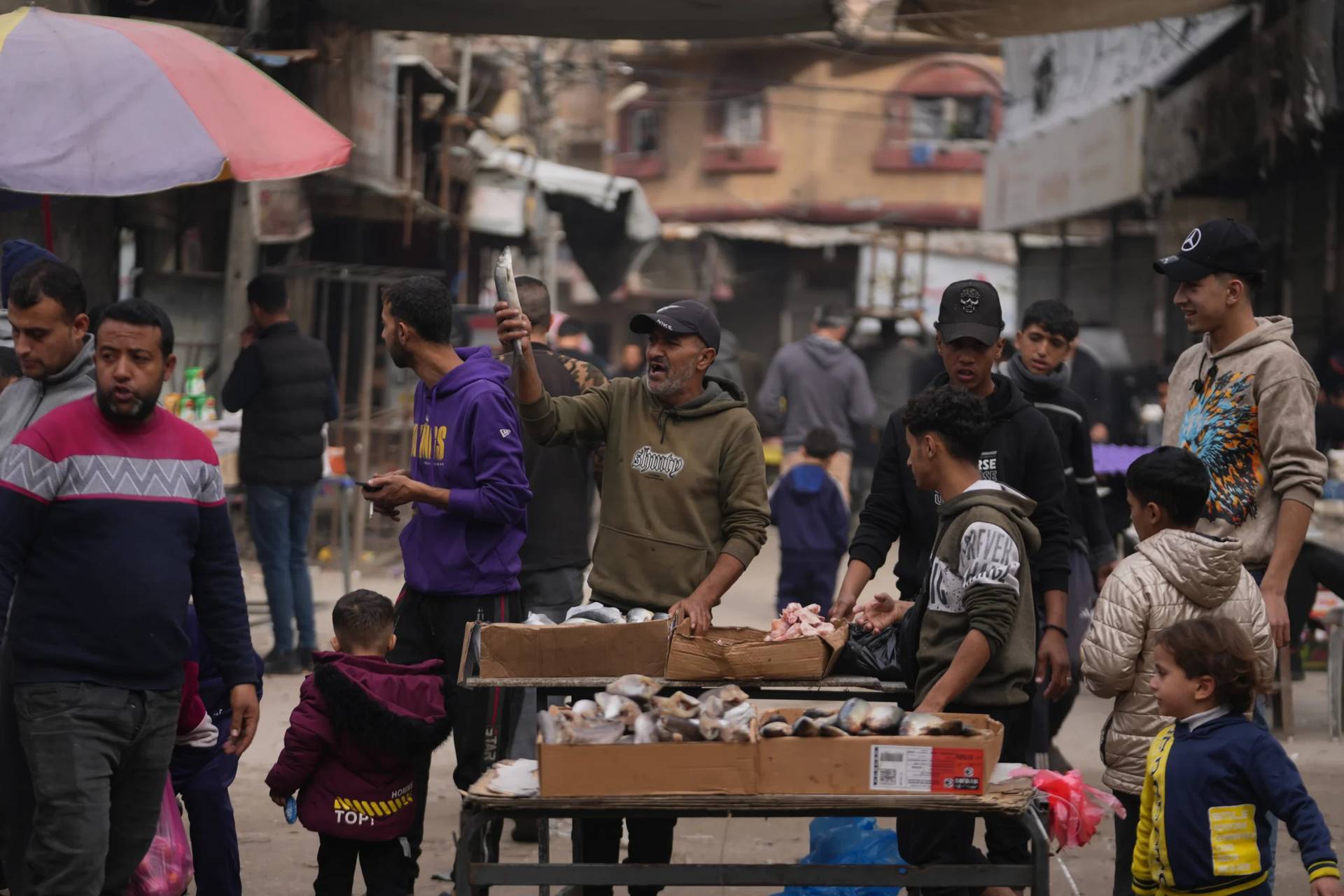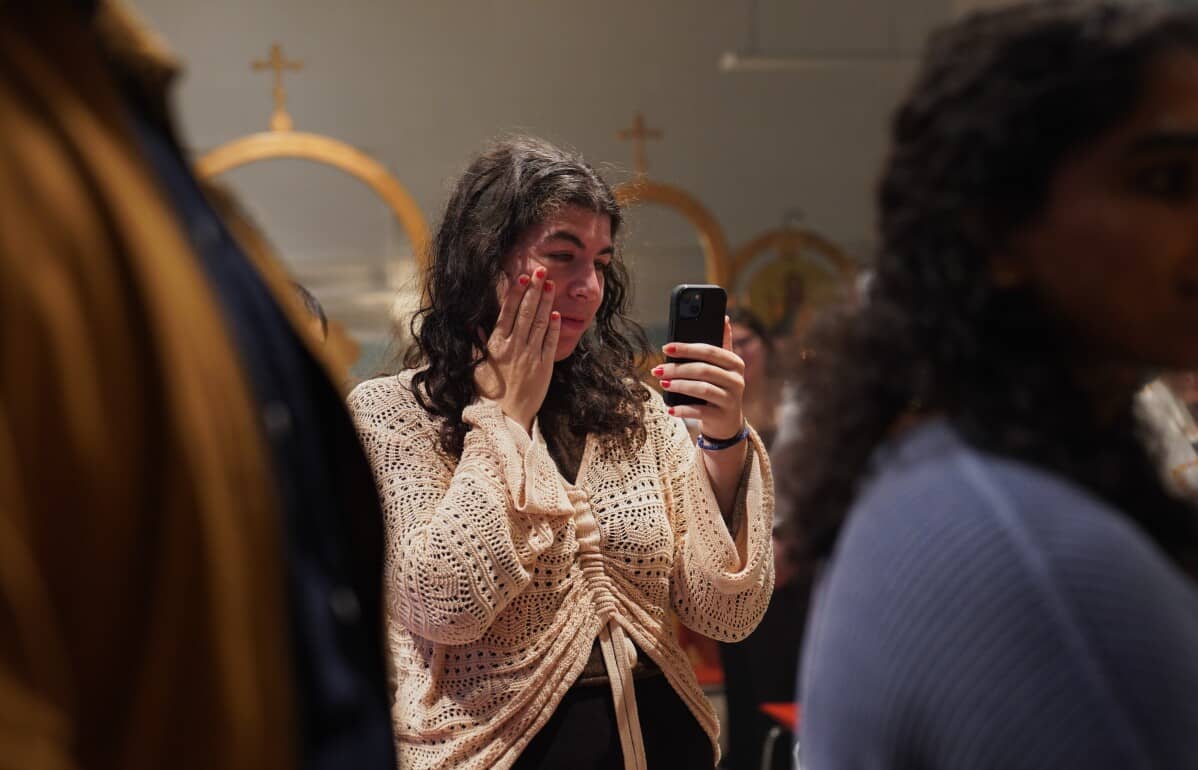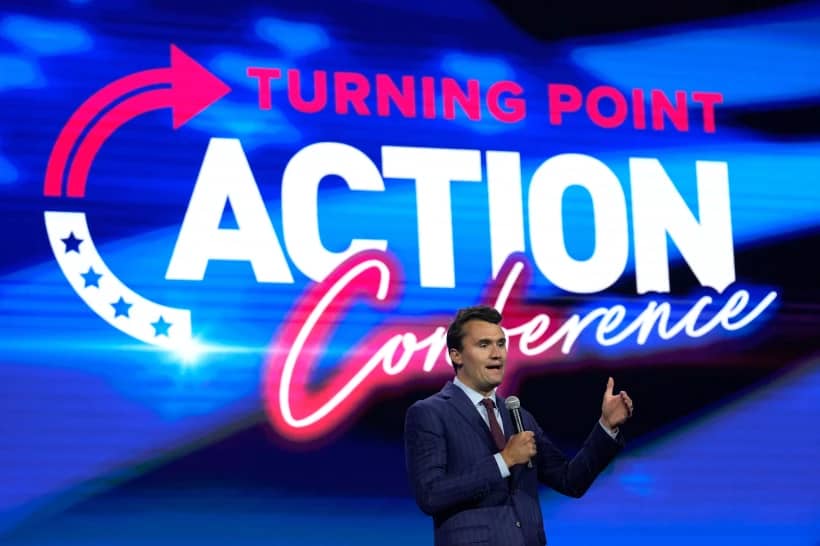NEW YORK – The United States of America — not just the Catholic Church — has always had a preferential option for the poor according to Cardinal Sean O’Malley of Boston.
“By and large, our immigrants were very poor people and even the words of the Statute of Liberty remember that there was a preferential option for the poor and the unwanted from the beginning of our country,” said O’Malley.
His remarks came in an interview with Crux during last week’s New York Encounter, an annual three-day cultural event organized by the Catholic lay movement Communion and Liberation.
While the broad theme of the Encounter, “An ‘impossible’ unity,” reckoned with the polarization in the country and the Church – it very often took on a specific focus around the issue of immigration which has spurred vigorous debate in light of recent controversy over President Donald Trump’s alleged comments regarding Haiti and African nations.
O’Malley told Crux that Catholics, in particular, offer a critical voice in this national debate that should be used to both reject divisive language, and, given the history of the Church in the United States, should be empathetic to the plight of immigrants.
“We have to recall that we are an immigrant Church. The immigrants who have come to our country have made an incredible contribution to the life of the country, as well as the life of our Church,” said O’Malley.
“I always say Europe would love to have our problems,” he continued. “The children of our immigrants will be Americans. We have a great capacity to assimilate people into our country and it’s been one of our strengths.”
“I see this anti-immigration spirit that flares up occasionally in our history as an aberration. It’s something that’s un-American and it’s certainly not Catholic, and we need to resist it…knowing that they [immigrants] are our brothers and sisters and make wonderful contributions in the long run to our country,” he told Crux.
“Our country has been rewarded for our generosity to immigrants, and I think that if we become an unwelcoming, closed country, we’re going to suffer the consequences of our selfishness.”
RELATED: Major NY Catholic pow-wow seeks unity in a polarized America
During his Sunday homily at the Encounter, O’Malley spoke of when his brother friars launched a new mission in Papua New Guinea to minister to a remote region where some individuals were still practicing cannibalism.
After years of instruction in the faith, his brother friars received the New Guineans into the faith and soon thereafter, the new Catholics encountered other Christians in the country that were non-Catholics.
“These neophytes were shocked and scandalized to realize that Christians were divided,” O’Malley recalled. “They went back to the missionaries and expressed their disappointment and indignation.”
“The friars immediately realized that we take disunity for granted but we should be scandalized by it the way that these very primitive people were,” he said.
Echoing the Pope’s message
The 73-year old Capuchin friar is one of Pope Francis’s closest advisors and used his homily to echo Francis’s call to build a “culture of encounter” and one that is welcoming of all people, especially the marginalized.
During his homily, O’Malley extoled the life of Dorothy Day as a primary example of what a culture of encounter can look like in a tangible way, and he told Crux that he believes her witness could be instrumental in bridging the divides within the U.S Catholic Church.
“One of the great things about the figure of Dorothy Day is how she brought people together who were so diverse — intellectuals, wealthy benefactors, homeless, the mentally ill, immigrants, street people,” O’Malley said.
“She was able to recognize their humanity and to emphasize what unites us rather than what divides us. Our desire to serve the Lord’s poor can be a bridge for people who have different ideological viewpoints, and they can come together to work together and accomplish the will of Christ in the way that they recognize Christ in the suffering, the poor, and the homeless,” he told Crux.
O’Malley also used his homily to plug Francis’s 2015 encyclical Laudato si’ as an essential pastoral resource for combatting fragmentation. While the document has been singularly labeled by many as an environmental document, Laudato si’ argues that “everything is connected,” offering a consistent ethic of life that promotes care for both embryos and the ecosystem alike.
“The average U.S. household has about 50 tons of carbon monoxide released into the atmosphere each year. To my generation, that kind of concept seems rather exotic, but in the future, I’m sure the prophetic document of Pope Francis, Laudato si’, will only serve to reinforce the urgency of the situation,” said O’Malley during his homily.
“Just as each individual can contribute to the poisoning of the atmosphere, each individual also has, what I call, the Tikkun Olam footprint. Tikkun Olam is the Jewish concept of our mission to repair the world,” he said.
O’Malley told Crux that he believes that call to repair the world as put forth in Laudato si’ resonates particularly well with younger generations.
“Being in Boston where we have the youngest population in the United States, I’m very aware as to how much this theme resonates with our young people,” he said. “Being able to introduce them to the Magisterial teaching of the Church through a document like Laudato si’ is a wonderful thing, and I think we need to promote this.”
“I think as time goes on that more and more interest will be focused on this great message of the Holy Father,” he added.
Scandalized by disunity
Closing out his homily, O’Malley said that the most compelling witness and expression of the faith and, indeed, the key to unity, is found in what Francis has labeled “the art of accompaniment” or “closeness” with other people.
“The authenticity of our encounter with Christ is validated by our own determination to lead others to the Lord,” he said. “We will never achieve unity without closeness and the demands that that will make upon us.”
“Christ at the first Eucharist prayed for unity among his followers. And if we are not unified in our mission, our mission is hobbled and the proclamation of the gospel comes across either as a whisper or as cacophony,” said O’Malley.
“We need to be like those natives in Papua New Guinea who are scandalized by disunity and impatient to overcome it.”















